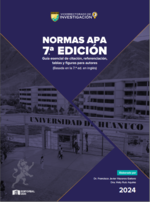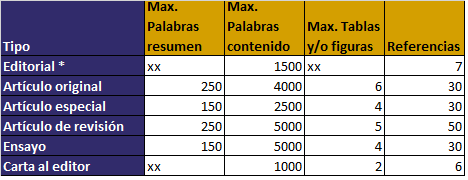Teacher Evaluation and Academic Demand: Bad Practices in Higher Education
DOI:
https://doi.org/10.37711/desafios.2020.11.1.140Keywords:
evaluation, teaching performance, academic requirement, student, universityAbstract
Objective. To characterize the predominant attitude in university students of Huancayo on the evaluation of teaching performance. Methods. Research was descriptive substantive type with a mixed approach. An attitude scale towards teacher’s evaluation was made and validated. It was applied to 382 students from Universidad Continental, Universidad Peruana Los Andes and Universidad Nacional del Centro del Perú. In addition, qualitative collection of information, in-depth interviews were conducted with 24 teachers from the three universities. Results. According to the data obtained, the majority of the students consider that teacher evaluation is not valued (79.6%), that it does not have specific objectives (80%), and that they favor "very nice" teachers (54, 3 %). However, they refer that they learn more from a “demanding teacher” than from a “very nice teacher” (56.6%). Teachers, for their part, agree with the evaluation of their performance, but consider that it does not favor the improvement of teaching-learning and they perceive it as an instrument of control and warning on the part of the students. Conclusion. Students and teachers do not value the evaluation of teacher performance because they perceive that it is carried out without specific strategies and purposes.
Downloads
Downloads
Published
How to Cite
Issue
Section
License
Copyright (c) 2021 Desafios

This work is licensed under a Creative Commons Attribution 4.0 International License.
a. Los autores conservan los derechos de propiedad intelectual (copyright) de las obras publicadas, cediendole a la revista el derecho de primera publicación.
b. Los autores retienen sus derechos de marca y patente, y también sobre cualquier proceso o procedimiento descrito en el artículo.
c. Los autores retienen el derecho de compartir, copiar, distribuir, ejecutar y comunicar públicamente el artículo publicado en la RD (por ejemplo, colocarlo en un repositorio institucional o publicarlo en un libro), con un reconocimiento de su publicación inicial en la RD.
d. Los autores retienen el derecho a hacer una posterior publicación de su trabajo, de utilizar el artículo o cualquier parte de aquel (por ejemplo: una compilación de sus trabajos, notas para conferencias, tesis, o para un libro), siempre que indiquen la fuente de publicación (autores del trabajo, revista, volumen, número y fecha).
























